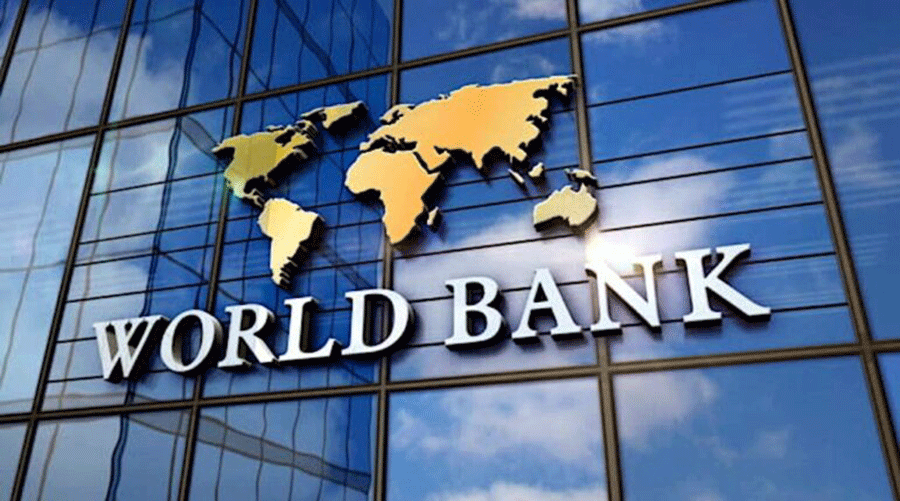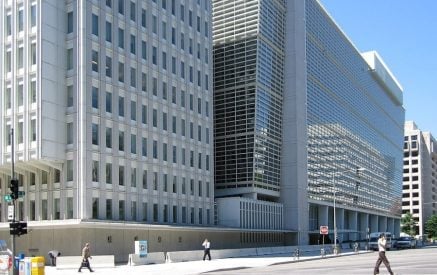A New Report by the World Bank Offers a Roadmap for Improving Public Spending Efficiency in Armenia
A new World Bank analytical report – Public Expenditure Review (PER): Improving Spending Efficiency launched today finds improvements in Armenia’s fiscal performance over the past two decades and sets forth a roadmap for improvements in the use of public spending, especially in areas such as infrastructure, road transport, health, and education.
The Public Expenditure Review report shows tax policy and administration reforms led to increased revenue collection in Armenia, resulting in enough resources for the government to maintain spending and keep debt levels sustainable. The report, however, cautions that the spending efficiency still needs to be improved and makes specific recommendations for improvements to increasing capital expenditure, changes to social assistance and pensions, and introducing a phased approach to Universal Health Care.
A key finding of the report is that enhanced strategic planning and use of data and evidence-based public investment decisions would upgrade the quality of capital spending. It also mentions that improving the targeting of vulnerable groups is required for more effective and efficient social spending, which continues to be the second largest expenditure for Armenia. Addressing inefficiencies in health spending would reduce overall healthcare costs and out-of-pocket expenses – the highest in the world – and would create an additional buffer in case of economic shocks or crises.
Read also
“Improving both the level of public spending and efficiency in social protection and health could bring lasting benefits. This, in turn, can result in wider and better coverage of social services, and better targeting of the poorest and most vulnerable,” said Michal Rutkowski, World Bank Regional Director for Human Development for Europe and Central Asia (ECA).
A launch event hosted a ministerial level expert discussion on the topic of human capital development and how Armenia can improve its spending efficiency in social and health sectors. The panel was moderated by Carolin Geginat, World Bank Country Manager for Armenia, with the participation of Vahe Hovhannisyan, Minister of Finance, Anahit Avanesyan, Minister of Health, Anna Zhamakochyan, Deputy Minister of Labor and Social Affairs, and Michal Rutkowski, World Bank Regional Director for Human Development for Europe and Central Asia.
“There is no dedicated structure within the Government that assesses the effectiveness and efficiency of the public spendings. There are relevant bodies that assess the legal basis for decision for the public expenditures, monitor the execution of assigned tasks, but we still have a lot to do in terms of evaluating the efficiency of public expenditure. We have a deep understanding of how important this issue is, and I thank the World Bank for this important work and wish us all a fruitful discussion today,” said Minister of Finance Vahe Hovhannisyan in his opening speech.
Invited speakers at the event discussed the issues and possible solutions for a better targeted social assistance program; ways to ensure strategic purchasing in the healthcare sector; the regulation of pharmaceutical market and price growth; and common patterns and challenges in the implementation of Government reforms in the region.
The World Bank is currently financing 10 projects in Armenia totaling $500 million. Since its inception in Armenia in 1992, the World Bank has provided around $2.7 billion from International Development Association (IDA) to which Armenia became a donor in 2023, International Bank for Reconstruction and Development (IBRD), and trust funds. The World Bank is committed to continuing its support to Armenia in its development path for reducing poverty and sharing prosperity.



























































